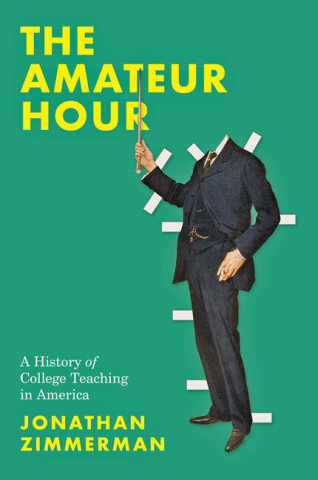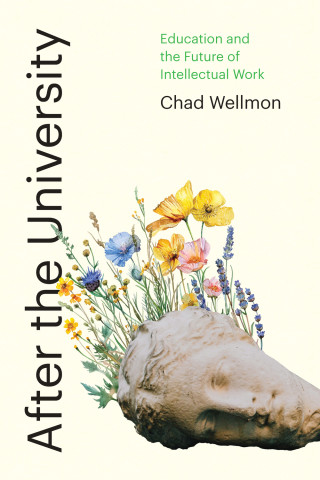
Reviews
Report Cards takes something seemingly small and uses it to open up rich and important conversations about the historical role of schools in children's lives—as sites of monitoring and control, social mobility, and, of course, learning. Wade H. Morris gets an A+ for this lively and illuminating book.
In this prodigiously researched and well-argued book, Wade H. Morris explains why report cards are simultaneously controversial and ubiquitous. In tracing how report cards became part of a Foucauldian regimen of examining and testing in Jacksonian America, Morris uncovers a history in which report cards, as stand-ins for merit-based values, have become the weapon of choice as often for the powerless as the powerful.
Report cards give Morris the material and lens for showing how the records institutions keep help us recall and reconstruct the individual and collective experience of going to school. Morris's compelling story and engaging writing style, combined with his strong historical context, create a classic book about the development, diffusion, and use of report cards as an important example of the uses and abuses of organizational data.
Report cards are a ubiquitous feature of almost every school, a permanent record of every student's academic performance. Thanks to this beautifully written, engaging history by Wade H. Morris, we now know why they have enjoyed such lasting power and influence.
Wade carefully and compellingly traces the social history of the report card. Over time, the report card was both welcomed by individuals with varying identities as an indicator of good performance and served as a point of contention and unit of control by different stakeholders in the US education infrastructure.
Book Details
List of Figures
Acknowledgments
Introduction. Civil War, Pandemic, and Report Cards
Chapter 1. Rousing the Attention of Parents
Chapter 2. Unity, Efficiency, and Freed People
Chapter 3. Overworn Mothers
List of Figures
Acknowledgments
Introduction. Civil War, Pandemic, and Report Cards
Chapter 1. Rousing the Attention of Parents
Chapter 2. Unity, Efficiency, and Freed People
Chapter 3. Overworn Mothers and Unfed Minds
Chapter 4. The Eye of the Juvenile Court
Chapter 5. Mobility, Anxiety, and Merit
Chapter 6. The Pursuit of Educational Dignity
Conclusion. Pulling Weeds and Foucault Fatigue
Appendix I. Depiction of African American Parents in American Missionary, 1867–1881
Appendix II. Ladies Home Journal and the Defense of Teachers
Notes
Essay on Sources
Index




